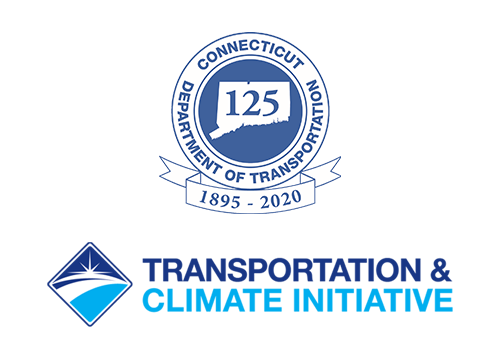This episode of the Environmental Technical Assistance Program or ETAP Podcast explores how state agency partnerships are helping Connecticut achieve climate goals while also implementing the Transportation and Climate Initiative Program or TCI-P.
TCI-P is a multi-state effort to cap and reduce greenhouse gas or GHG emissions from the transportation sector while at the same time generating revenues from carbon taxes to reinvest in cleaner transportation infrastructure.
In Connecticut, for example, TCI-P should generate roughly $1 billion in revenues from carbon taxes over the next decade, much of which will go towards supporting transportation systems.
Connecticut Governor Ned Lamont (D) added in a December 2020 statement that the TCI-P should reduce transportation-related GHGs in his state by at least 26 percent from 2022 to 2032. Meanwhile, he plans to re-invest revenues generated through TCI-P carbon taxes in “equitable and cleaner transportation options,” creating an employment program across transit, construction, and green energy – efforts that should serve as a “catalyst” for infrastructure development through the next decade and beyond.
State departments of transportation will play a critical role in deciding how to re-invest revenue-generated caps on emissions, according to Connecticut agencies involved with implementing TCI-P protocols.
Katie Dykes, Connecticut’s commissioner of the Department of Energy and Environmental Protection or DEEP and Garrett Eucalitto, the deputy commissioner for the Connecticut Department of Transportation, explain during this episode of the ETAP podcast how their ongoing collaboration will help implement the TCI-P agreement and how it will affect the state’s transportation sector and, ultimately, benefit the public.
Click here to listen to this podcast.


